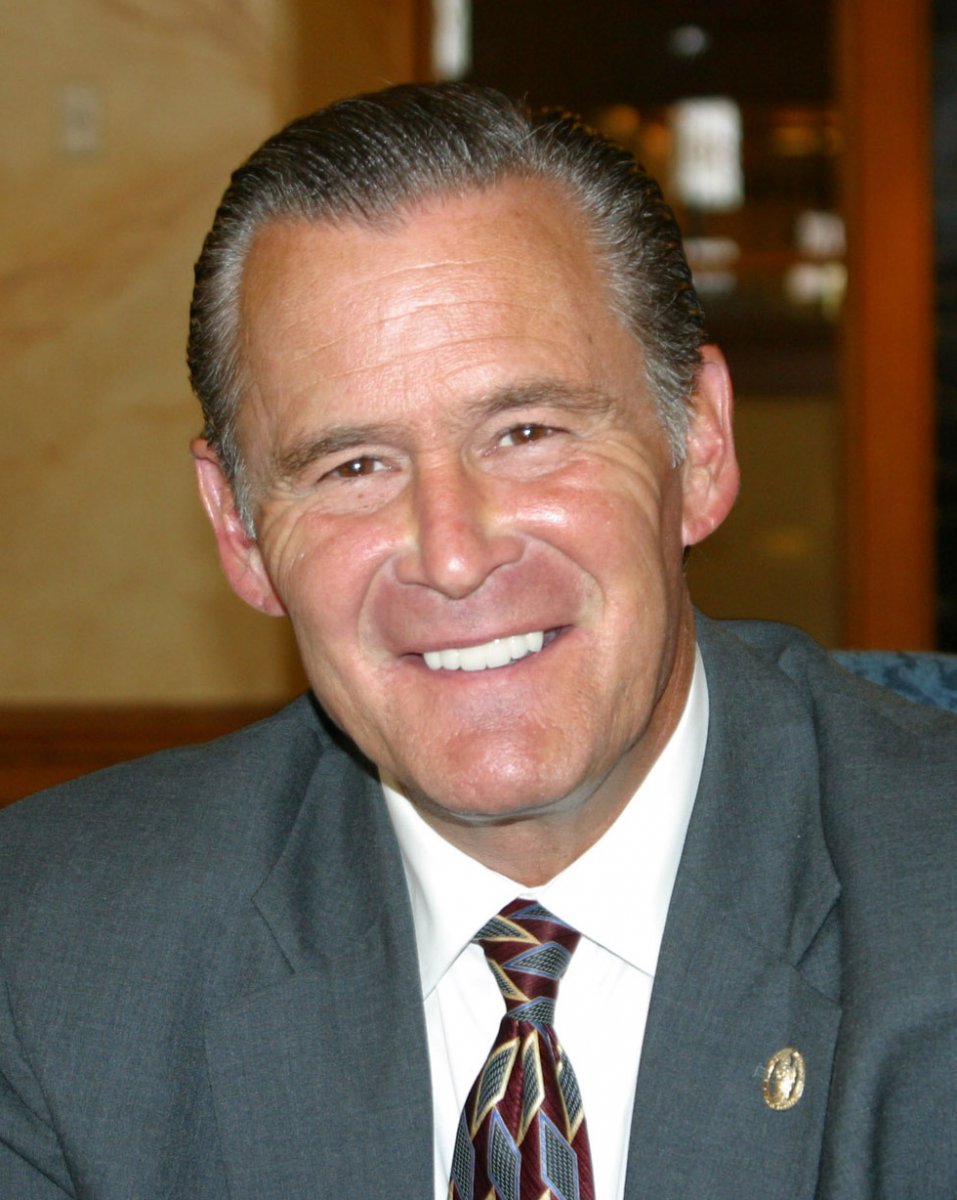Council approves FPC executive director measure, OKs move to push for hiring seasonal police officers
News release from Alderman Bob Donovan
Today the Common Council approved a measure that seeks to change state law to enable
the members of the Fire and Police Commission to hire the FPC’s executive director – a power
that currently is held by the mayor. In a separate move, the Council also approved hiring seasonal
police officers to help increase beat patrol staffing during the busy warmer months, and urging a
key change in the city’s police officer recruit training regimen.
Alderman Bob Donovan, chair of the Public Safety and Health Committee and the primary sponsor of the FPC-related legislation (Council file #180185), said he is pleased his colleagues supported the measure, which directs the Intergovernmental Relations Division to seek introduction and passage of state legislation that would change the FPC executive director appointment process.
Between 1885 and 1988 the executive director of the FPC was appointed by FPC members, and Alderman Donovan said he believes strongly that the original process should be reinstated under the law.
Today the Council also approved hiring seasonal part-time police officers who will work primarily as beat patrol officers from May until October – the typically busiest time for police calls, Alderman Donovan said.
The legislation (Council file #180189) urges the Milwaukee Police Department, Fire and Police Commission, and Mayor Barrett’s administration to develop and implement a pilot program to hire part-time, seasonal police officers. It further urges the Police Department, Fire and Police Commission, and Mayor Barrett’s Administration to take the actions necessary to alter the police officer recruit training regimen to consist of the 18-week MATC Law Enforcement Training Academy followed by approximately eight weeks of training at the MPD Safety Academy.
Alderman Donovan – also the lead sponsor on file #180189 – said the city’s fiscal constraints and ongoing budget challenges, including falling State Shared Revenue (inflation-adjusted), the Expenditure Restraint Program (and the inability to create and levy non-property taxes) make it extremely difficult to provide the funding needed to hire more full-time officers. “If this measure is successful we will be able to hire 40 additional (part-time) officers for the price of 20 full-time officers,” he said.
Alderman Donovan also pointed to a 2016 Common Council survey of Milwaukee residents in which 95% of respondents indicated that they would like to see more beat patrol officers on the streets.
“Bottom line is getting these seasonal officers out there will increase police response times and bolster overall police presence during highest-crime times of the year,” he said. “Additionally, part-time police officer programs have been successfully implemented in a number of cities across the country, including Houston, Detroit, Omaha and Roswell, Georgia.”
The move to change the officer recruit training regimen could save the city $1 million for every 100 officers trained, Alderman Donovan said.
While under the current MPD police officer training program police officers are hired and paid as city employees at the beginning of their training, with a hybrid MATC/Safety Academy training regimen, officers would not be hired until they have completed the MATC portion of the training, resulting in considerable salary-expense savings for the city.
NOTE: This press release was submitted to Urban Milwaukee and was not written by an Urban Milwaukee writer. While it is believed to be reliable, Urban Milwaukee does not guarantee its accuracy or completeness.






















